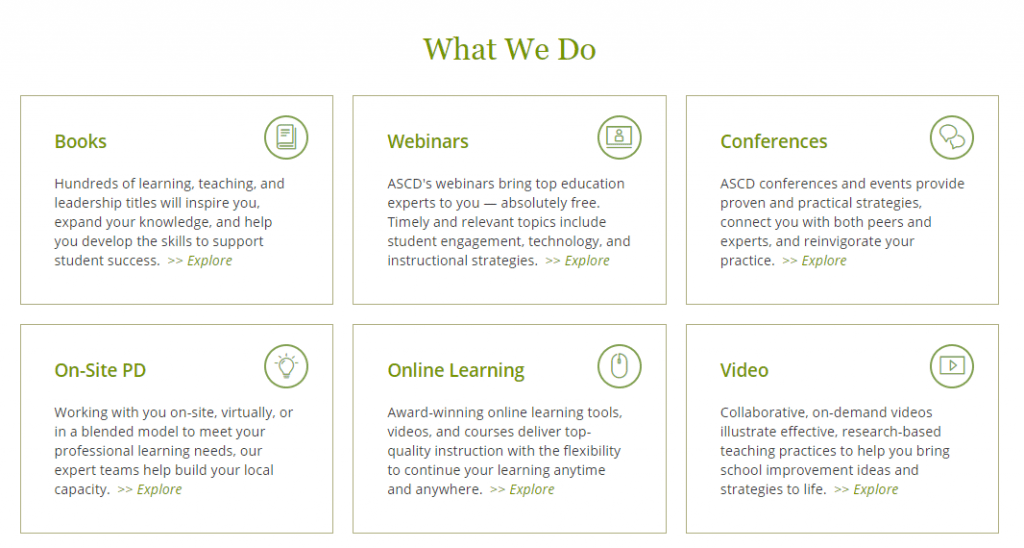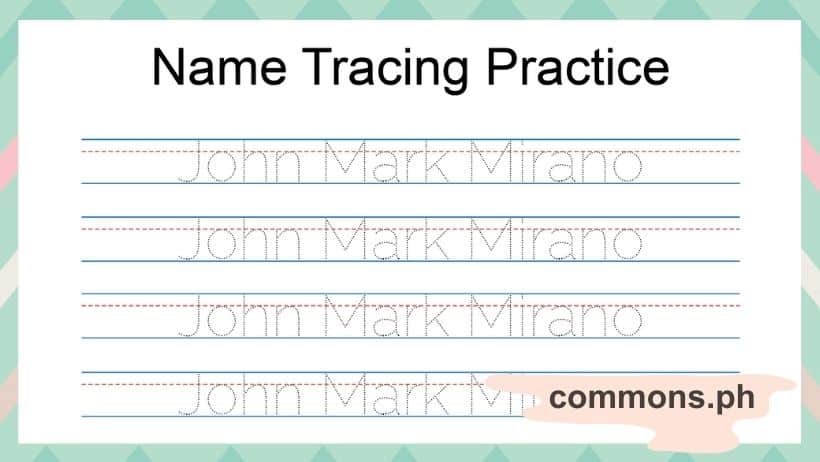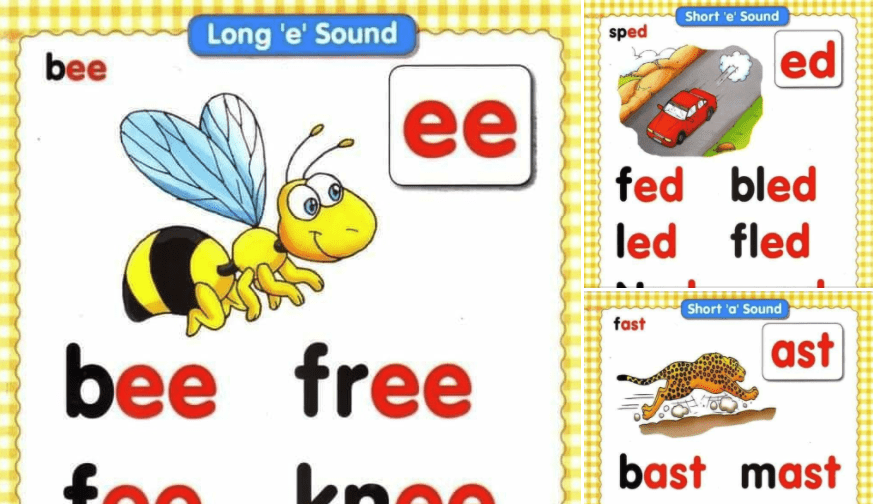An effective teacher always finds a way to stay current on global educational issues, pedagogy, and instructional strategies, to be able to grow and develop professionally.
Aside from attaining an education degree, being a member of the teaching profession, obtaining a professional license, continuing education and training; other objectives of a professional teacher don’t just end there – another goal is to connect your expertise not just in your local community, but on broad worldwide. Why? Simply, by committing to the career path and necessary professional growth, you may have come to the realization of achieving exemplary contributions as an educator, most especially to the children and the country you are serving.
One of the best ways to aim a connection to global education is to involve yourself in professional organizations that prioritize education.
Benefits of joining global organizations:
- Access to updated researches, journals, academic books, and articles released by the official publication of a particular organization.
- Access to information and ideas that can be useful for your activities, programs, projects.
- Open doors to free or affordable education diplomacy, courses, and degrees that develop professional growth.
- A venue to voice out potential collaboration and interaction among fellow educators, administrators, and even international experts around the globe.
- A way to engaged into global outreach programs; and
- Opportunity to try one or two from available job listing that calls for your career.
Here are the lists of some professional organizations that you might want to visit and engage in as a member:
- Save the Children [visit: https://www.savethechildren.org.ph/ ]
Save the Children is the world’s leading independent children’s organization – has been working in the Philippines for over three decades and is dedicated to helping children.
Save the Children creates breakthroughs in developing mother tongue books which are developmentally appropriate and culturally sensitive. A Book Development Review Committee (BDRC) for mother tongue languages in Mindanao was established, ensuring an inclusive process comprised of tribal chieftains, community leaders, teachers, parents, and elders. These books cover topics on indigenous games, culture, and traditions.
- Association for Supervision and Curriculum Development (ASCD)
[visit: http://www.ascd.org/Default.aspx ]
ASCD empowers educators to achieve excellence in learning, teaching, and leading so that every child is healthy, safe, engaged, supported, and challenged. Comprising 113,573 members—superintendents, principals, teachers, and advocates from more than 129 countries—the ASCD community also includes 71 affiliate organizations.


- Association for Middle Level Education (AMLE)
[visit: https://www.amle.org/ ]
AMLE is a membership organization dedicated to helping middle school educators reach every student, grow professionally, and create great schools. The organization envisions empowering educators who create opportunities to cultivate the potential and possibilities of young adolescents.
The Association for Middle Level Education actively seeks the involvement of members and others interested in helping middle school educators reach every student, grow professionally, and create great schools. AMLE provides the following opportunities to engage with the organization:
Become a Member
Write for AMLE
Serve on a committee
Serve on the Board of Trustees
Member Maximization Webinar
- Association for Childhood Education International (ACEI) [visit : https://acei.org/]
ACEI is known as a worldwide community of educators that advocates education reform. The organization promotes three primary programs which are:
- Center for Education Diplomacy and Leadership
Key to tackle complex issues affecting education and help groups with different priorities to work together. - Global Schools First (GSF)
Childhood Education International’s Global Schools First (GSF) program provides a school assessment and recognition opportunity for primary schools committed to fostering critical competencies—skills and knowledge—that children need to be successful in today’s complex and increasingly interconnected world. - Innovation Exchange
Through their website and publications, they connect people and share innovative practices from around the globe.
- Other Featured Programs:
International Code of Ethics for Educators (ICoEE)
Global Guidelines for the Education and Care of Young Children
Offers access to their publication and courses
- Education International [visit: https://www.ei-ie.org/ ]
Education International is a Global Union Federation that represents organizations of teachers and other education employees. It is the world’s largest, most representative global, sectoral organization of unions with more than 32.5 million trade union members in 384 organizations in 178 countries and territories. Some of the work of the organization is to assist the development of independent democratic organizations to represent teachers and other education employees and builds solidarity and cooperation between them.
Education International is the global voice for education employees.
- The Global Partnership for Education (GPE)
[visit: https://www.globalpartnership.org/ ]
GPE focuses on gender equality, education in crisis, inclusive education, early education, learning assessments, teaching quality, and data systems. The organization approach to education sector planning, knowledge innovation and advocacy account. GPE works in countries via a multilateral partnership that includes donor governments, international organizations, and teachers.
Since its creation in 2002, the GPE states that they have aided in putting 22 million more children in school, increased literacy rates worldwide to 81 percent in 2010, and increased primary school completion to 75 percent in 2011. Since 2004 they have trained 300,000 teachers, built and equipped 53,000 classrooms, and purchased and distributed 50 million textbooks.
- Plan International [visit: https://plan-international.org/ ]
Founded in 1937, Plan International is a development and humanitarian organization that advances children’s rights and equality for girls. The organization promotes free, equal access to quality education for all children – from early learning to secondary education. It works with children, their families, communities, wider society and governments, and advocate at both local and international levels. Also, they open donation drives and sponsors for their projects.
- United Nations Education, Scientific and Cultural Organization (UNESCO)
[visit : https://en.unesco.org/ ]
Established in 1945, UNESCO provides global and regional leadership in education, strengthens education systems worldwide, and responds to contemporary global challenges through education with gender equality an underlying principle.
Its expertise focuses on education, culture, natural sciences, social and human sciences, and communication & information. One of UNESCO’s specialized area is the Global Education Monitoring Report. It has been entrusted to lead the Global Education 2030 Agenda through Sustainable Development Goal 4. The roadmap to achieve this is the planning of their Education 2030 Framework for Action (FFA).
- United Nations International Children’s Emergency Fund (UNICEF)
[visit: https://www.unicef.org/ ]
UNICEF works with the United Nations and its agencies to make sure that children are on the global agenda. UNICEF strikes a balance between thorough research and practical solutions for children. Founded in 1946, UNICEF works in over 190 countries and territories to save children’s lives, to defend their rights, and to help them fulfill their potential, from early childhood through adolescence.
Some of their major features are:
senior leadership as international experts in their fields. Learn more.
Executive Directors since its founding. Read about their work.
Careers with UNICEF to help change the world. View our job listings.
Five core values – care, respect, integrity, trust and accountability. Read about our culture.
Adapting to the rapid changes of innovations, modernizations, and technologies, an educator ought to be adjusting to variations and solutions, which is visibly interpreted through the updates of global organizations.
More premium learning materials at Education PH, your reliable partner for learning and success. Sa halagang P499/year, makakadownload ka na ng mga premium learning materials para sa iyong anak o estudyante.


Pa send po ng copy. Thanks